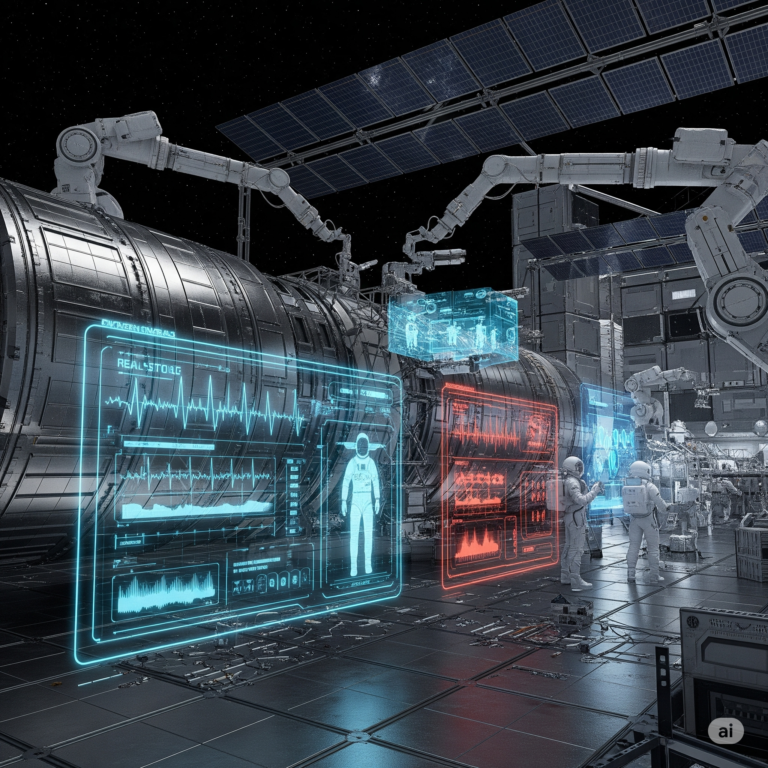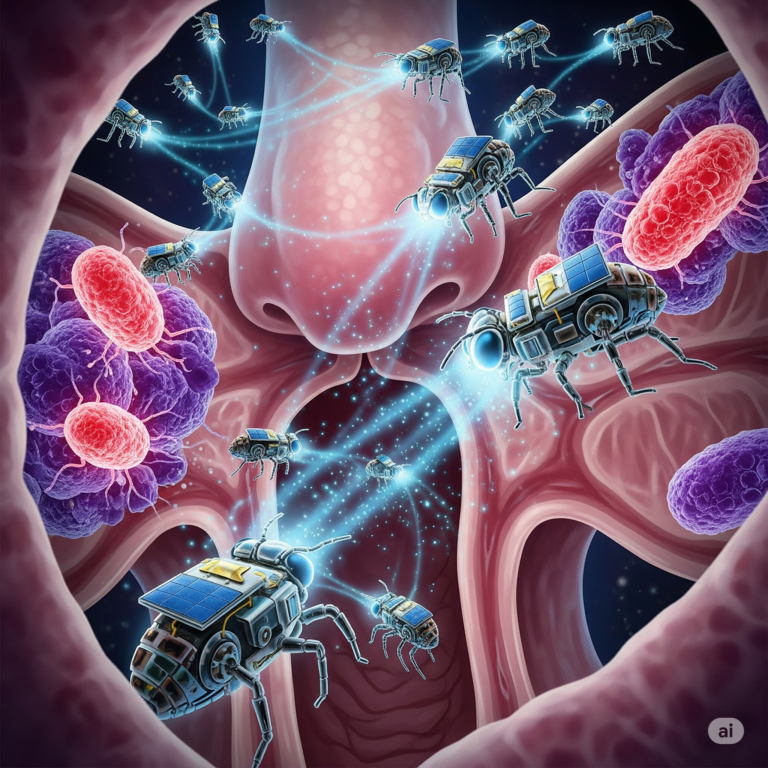Introduction
The integration of smart health devices into homes is reshaping how people monitor and manage their well-being. From AI-powered toilets to sleep-tracking pods and fitness-integrated smart devices, these innovations are making healthcare more accessible, proactive, and data-driven.
This article explores the rise of smart home health technology, its impact on lifestyle, healthcare, fitness, the environment, and global wellness trends, and how it is shaping the future of personalized medicine.
The Role of Smart Health Devices in Modern Homes
1. What Are Smart Home Health Devices?
- Technology-driven home devices that monitor, analyze, and improve health.
- Include smart toilets, sleep trackers, bidets, fitness-integrated systems, and AI health assistants.
- Help in early disease detection, wellness optimization, and chronic illness management.
2. How Smart Home Devices Improve Personal Healthcare
- Continuous health tracking without the need for doctor visits.
- Early detection of medical conditions through real-time data.
- Integration with telehealth services for remote medical consultations.
Lifestyle Impact: Smart Health Devices for Daily Wellness
1. AI-Powered Smart Toilets (e.g., ThroneScience)
- Analyze urine, stool, and hydration levels to detect health conditions.
- Provide insights on nutrition, digestion, and potential illnesses.
- Non-invasive monitoring for chronic disease patients.
2. Smart Sleep Pods (e.g., Eight Sleep)
- AI-driven temperature regulation for optimized sleep.
- Monitors heart rate, breathing, and sleep patterns.
- Helps prevent sleep disorders, stress-related conditions, and heart disease.
3. AI-Powered Bidets for Hygiene and Health Monitoring
- Prevent infections by maintaining better personal hygiene.
- Some models track hydration levels and gut health.
- Reduce dependency on medications for digestive health.
Health Benefits: Early Detection and Chronic Disease Management
1. Preventative Health Monitoring
- Continuous biomarker tracking helps detect early signs of disease.
- AI analyzes long-term trends in individual health data.
- Provides proactive health recommendations based on patterns.
2. Smart Health Assistants for Chronic Conditions
- Assist in managing diabetes, heart disease, and respiratory conditions.
- Send automatic alerts to healthcare providers in case of emergencies.
- Offer medication reminders and personalized treatment plans.
3. AI in Home-Based Medical Diagnostics
- Smart toilets can detect infections, kidney issues, or diabetes risk.
- Wearable ECG monitors track heart irregularities.
- AI-powered thermometers detect fever patterns for flu and COVID-19.
Smart Home Fitness Integration: Gaming and Sports Health Tracking
1. AI-Connected Fitness Apps and Wearables
- Integrate with Apple Health, Google Fit, and Fitbit for seamless tracking.
- Track calories burned, muscle recovery, and hydration needs.
- Personalize workout routines based on real-time vitals.
2. Smart Recovery Pods for Athletes
- Use infrared technology to speed up muscle healing.
- Measure oxygen levels and hydration post-workout.
- Provide recovery plans based on workout intensity.
3. AI-Powered Virtual Coaches
- Offer real-time feedback on posture and movement.
- Adjust training intensity based on heart rate and performance data.
- Enhance sports injury prevention through biomechanical analysis.
Environmental Benefits: Reducing Waste and Energy Use
1. Water-Saving Smart Toilets and Bidets
- Use advanced filtration to minimize water consumption.
- Automatically adjust flushing power based on waste detection.
- Reduce plastic waste from wet wipes and excessive toilet paper usage.
2. Energy-Efficient Sleep Pods and Smart Beds
- Optimize energy use by adjusting room temperature automatically.
- Use sustainable materials for eco-friendly sleep solutions.
- Improve indoor air quality through smart ventilation.
3. Smart Health Devices in Sustainable Homes
- Integrate with solar-powered smart homes to reduce carbon footprint.
- AI predicts optimal energy usage for home health devices.
- Smart thermostats improve indoor air quality and sleep conditions.
Smart Health Devices Driving Personalized Medicine
1. Growth of At-Home Health Monitoring
- Increasing demand for home-based diagnostics post-pandemic.
- Government incentives supporting telemedicine and AI-driven healthcare.
- Insurance companies integrating smart health tracking for policyholders.
2. AI-Powered Preventative Healthcare
- Smart home health devices align with the trend of personalized medicine.
- AI identifies early warning signs for major diseases.
- Promotes preventative care, reducing healthcare costs nationwide.
3. Policy Changes and Data Privacy Concerns
- Regulations on data protection and AI-driven health tracking.
- Need for secure blockchain-backed health data storage.
- Ethical concerns regarding AI-driven medical decisions.
Global Impact: Expanding Smart Health Technology Worldwide
1. Bridging Healthcare Gaps in Developing Nations
- Affordable smart devices help rural communities access diagnostics.
- Mobile health clinics integrate AI-driven remote health monitoring.
- Reduces strain on overburdened hospitals and clinics.
2. AI-Driven Global Pandemic Preparedness
- Smart home health devices track infectious disease spread in real-time.
- AI models predict virus outbreaks based on early biometrics data.
- Governments implement AI-backed digital health strategies.
3. Telehealth Expansion Through Smart Home Devices
- AI-enhanced smart toilets and sleep pods integrate with virtual doctor consultations.
- Smart health assistants provide 24/7 remote healthcare support.
- Reduces dependency on physical hospital visits for non-emergency conditions.
Challenges and the Future of Smart Home Health Devices
1. Privacy and Security Risks
- Need for end-to-end encryption to protect user data.
- AI-driven health reports require strict data privacy laws.
2. Cost and Accessibility Barriers
- Smart health devices remain expensive for low-income families.
- Governments and insurance providers must incentivize adoption.
3. Standardization and Regulation
- Need for global healthcare regulations on AI-driven diagnostics.
- Collaboration between tech firms and medical organizations for reliability.
Conclusion
Smart home health devices are transforming personalized healthcare, fitness, and sustainability. With AI-powered solutions like smart toilets, sleep pods, and fitness trackers, individuals can take proactive control of their health from their own homes.
As these technologies continue to expand globally, they have the potential to bridge healthcare gaps, optimize wellness, and reduce environmental impact. With proper regulations, affordability, and security measures, smart home health devices could be the future of accessible, data-driven healthcare worldwide.









+ There are no comments
Add yours